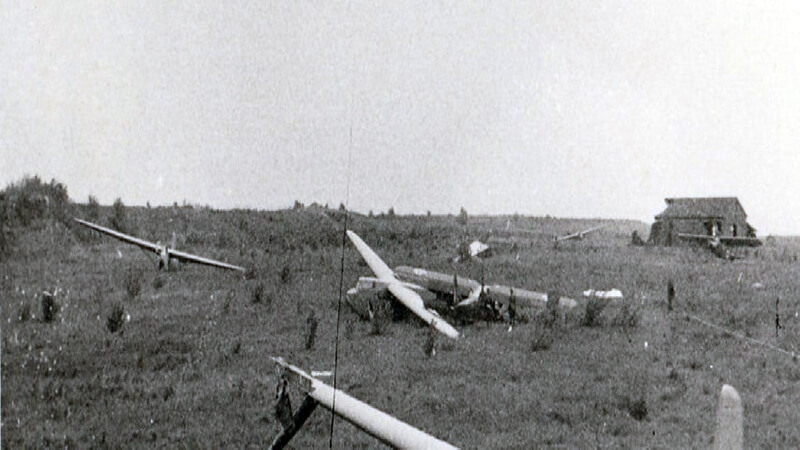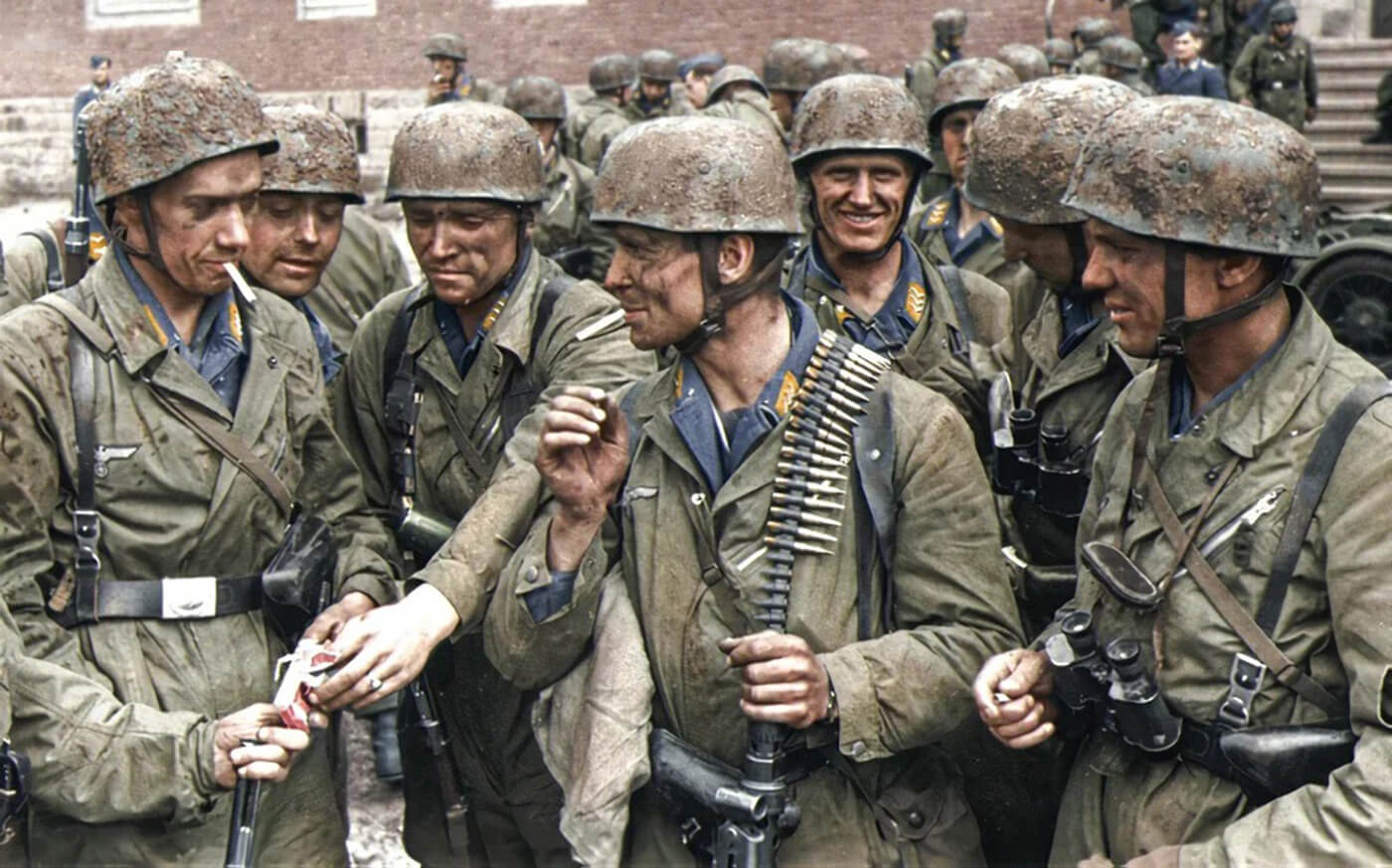| Special Forces Operations in 1940 |

The year 1940 was the offensive period of the Axis. During the first part of the year most of the operations by Special Operating Forces were conducted by the Axis. However, under pressure of the English Prime Minister Winston Churchill the first operations by the British started as early as June 1940. During the second half of the year more and more British Special Forces became operational. From there on they started taking part in offensive raiding against the Axis.
In April 1940, German forces launched a surprise invasion of Norway. Within a few weeks, had secured control of most of the country. However, pockets of Norwegian resistance continued to fight on, and were supported by British and other allied special forces units. The SOE, in particular, was heavily involved in the Norwegian resistance effort, providing weapons, supplies, and training to Norwegian fighters.
The assault on Eben Emael was one of the most spectacular during the initial stages of the war. Eben Emael was a major fortified complex in Belgium. It was considered impregnable at the beginning of World War II. However, on May 10th, 1940, German special forces carried out a daring operation by, who landed on the fortress and quickly overwhelmed its defenders. The operation involved glider-borne troops landing on top of the fortress and using shaped charges to destroy the gun emplacements and other key targets. This allowed the German army to rapidly advance into Belgium and take control of key strategic positions. The success of the Eben Emael operation demonstrated the potential of special forces units in modern warfare and further developments in airborne and special operations tactics during the war.
One notable operation carried out by the SOE during the Norwegian Campaign was Operation Claymore. This was a raid on the Lofoten Islands off the coast of Norway, which were being used by the Germans as a base for their Arctic convoys. On March 4th, 1940, a force of over two hundred commandos and other special forces personnel landed on the islands, destroying a number of key targets and capturing several German prisoners.
The success of Operation Claymore and other SOE-supported actions during the Norwegian Campaign helped to boost morale and demonstrate the effectiveness of special forces units in the early stages of the war. These operations also laid the groundwork for later, more complex special forces operations that would be carried out during the course of the war.

